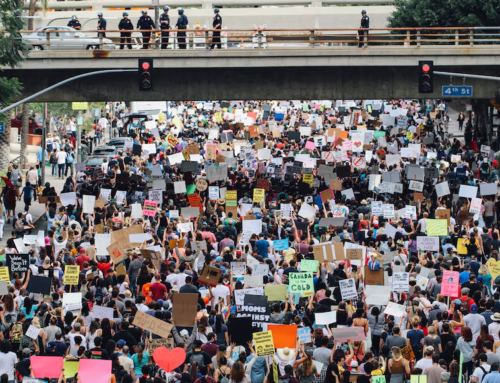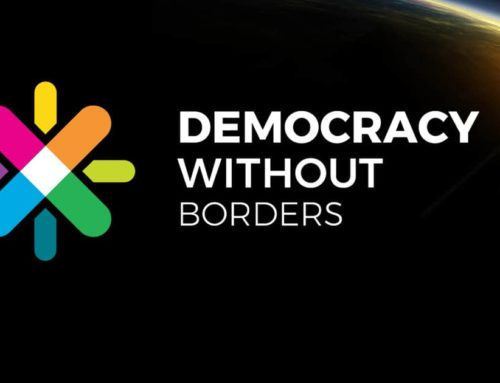The United States has a national interest in a free, open, and prosperous Indo-Pacific region, where international laws, rules, and norms are respected, state sovereignty is secure, and nations pursue economic growth in an environment of fair competition. A free and open Indo-Pacific underpins the security of the American homeland and U.S. allies, continued U.S. economic growth, and preservation of the rules-based international order.1 China poses the greatest threat to this interest by using its growing economic and military power to deprive the United States of intellectual property and military secrets, to limit economic and security choices for countries in the region, and to attempt to rewrite the rules governing the Indo-Pacific. By partnering with India, the United States can achieve the political aim of a free, open, and prosperous Indo-Pacific region where a robust U.S.-India economic and security partnership counters China’s aggressive behavior, disregard for international law and norms, and efforts to recast international institutions.2
A third component of leveraging India’s role as the world’s largest democracy is to work together to build democratic resilience in the Indo-Pacific. Democracy is under threat globally, and China’s increasing confidence in the superiority of its system is furthering this trend. As the world’s two largest democracies, the United States and India can meaningfully partner to shore up democratic resilience in the region. Doing so in close consultation will be more effective than if the United States acted alone.69 Building on the December 2021 Summit for Democracy, for example, the two countries can revive the U.S.-India Global Democracy Initiative to drive a new bilateral public-private partnership to strengthen electoral systems, provide legal and technical assistance and training, and support civil society in Indo-Pacific democracies. These efforts should be aligned with those of the UN Democracy Fund.70 The United States and India should also work more closely together in the intergovernmental Community of Democracies by co-chairing the Working Group on Education for Democracy to produce training content and educational materials related to best practices in democracy.71




